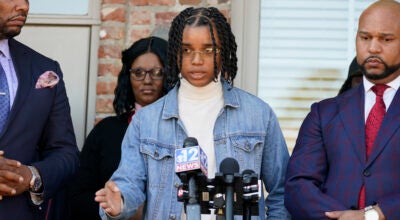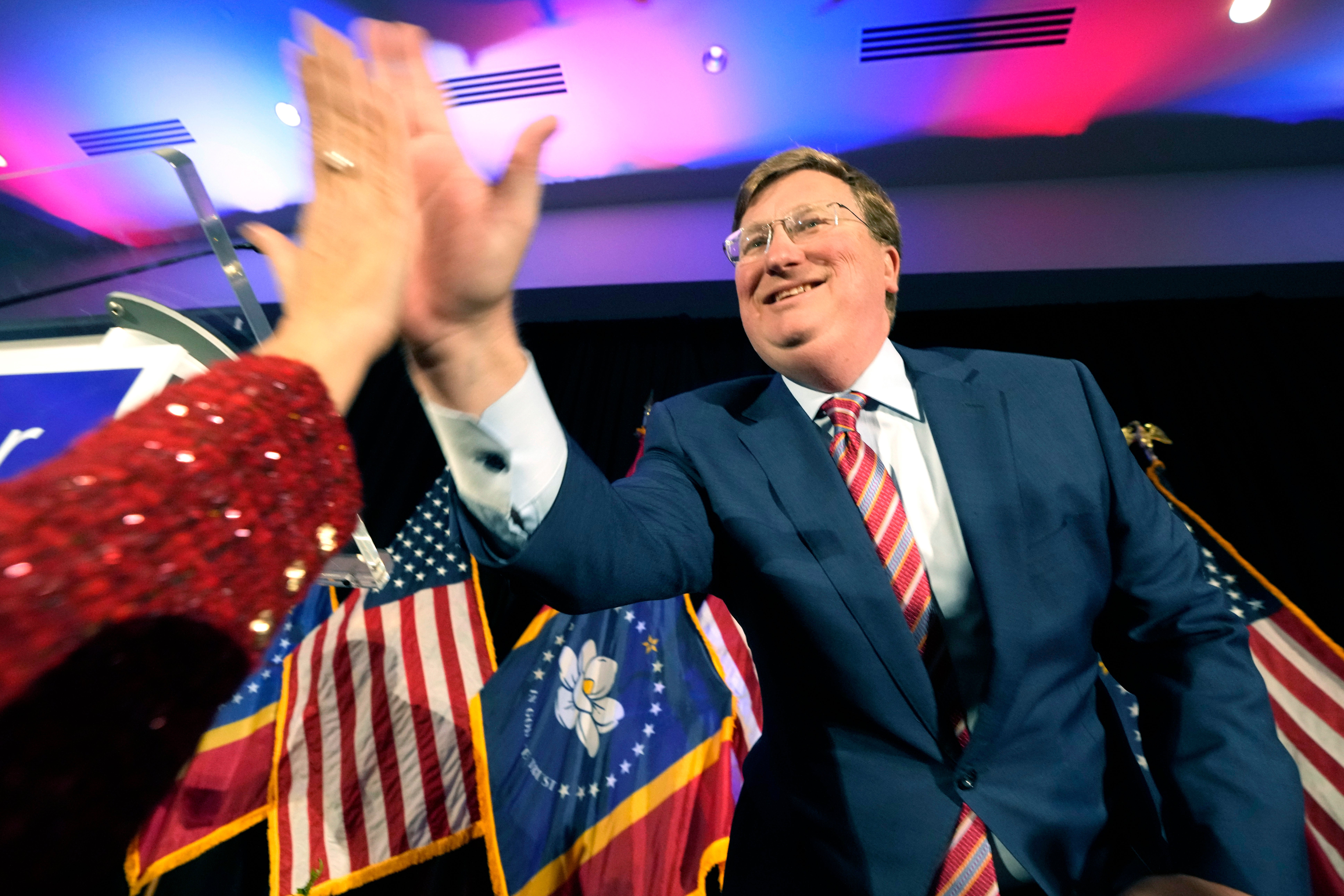Mississippi man wins medals in Wounded Warrior games after cancer battle
Published 8:29 am Sunday, July 8, 2018
COLUMBUS, Miss. (AP) — In June, Capt. Hunter Barnhill won one silver medal and two bronze medals in the Department of Defense Wounded Warrior Games in Colorado Springs, Colorado.
But as is usual with those games, the medals are often less impressive and always less important than the circumstances that led the competitors there.
For Barnhill, who has served as a T-6 instructor pilot at Columbus Air Force Base since 2015, the path to Colorado Springs was a 13-month journey of faith, family and altered perspective.
That journey began on Easter Sunday in 2017, when Barnhill suffered a seizure while celebrating the holiday with friends.
After the effects of the seizure had subsided, Barnhill’s greatest fear had nothing to do with the seizure or what caused it.
“That night, after everyone had gone home, I was on my computer reading the aeronautical waiver guide to see if there was a way to keep flying after having a seizure,” he said. “That was the thing that stung the most, without even knowing what had caused the seizure — the idea that I’d be grounded.”
Born to fly
If ever a person was born to fly, it is Hunter Barnhill.
His great-grandfather flew a bomber in World War I. His grandfather flew a bomber in World War II. By the time Barnhill was 6, his grandfather was stacking phone books on the seat of an airplane so Barnhill would be able to see out of the cockpit. He flew his first solo flight before he got his driver’s license, headed to Embry Riddle Aeronautical University after high school and then to the US Air Force and flight school at CAFB. After four years as a bomber pilot, he returned to CAFB as a training instructor.
On the Monday after his seizure, the CAFB flight doctor sent Barnhill to Baptist Memorial Hospital-Golden Triangle for testing. The diagnosis: A cancerous brain tumor.
Doctors said the tumor was a slow-growing form of cancer that might have first appeared when Barnhill was as young as 10. Until the seizure, there had been no symptoms or signs that anything was wrong, Barnhill said.
Neither Barnhill nor his wife Crystal were prepared for the diagnosis.
“I remember we were thinking the seizure might have been related to some paint fumes that he’d been around the day before,” Crystal said. “When he came home, before he could tell me what the doctors had said, I saw some pamphlets on stress in his truck. I was thinking, ‘Oh, it’s stress-related.’”
For Hunter, the bigger worry was not the brain tumor but telling his wife.
“It didn’t really hit me that hard,” he said. “I was like, ‘OK. It’s a brain tumor. Let’s get at it.”
Crystal, however, was stunned.
“The words didn’t even register,” she said. “What did it mean? I was just stunned.”
Hunter was sent to University of Alabama-Birmingham where surgeons removed 95 percent of the tumor, a surgery that left him unable to speak and paralyzed his right side. He participated in physical and speech therapy for three months and worked to gain his abilities to sit up, walk, run and speak.
A team effort
As part of the recovery, Hunter was introduced to the Air Force Wounded Warrior program.
“It’s interesting,” Hunter said. “When I was still in the hospital after surgery, I had been watching the Invictus Games.”
The Invictus Games are an international adaptive multi-sport event, created by Prince Harry, in which wounded, injured or sick armed services personnel and their associated veterans take part in sports, similar to the Wounded Warrior games. At the time, the Barnhills had no idea Hunter could get involved in something like that.
“When we were contacted by the Air Force Wounded Warrior program, we didn’t even know Hunter was eligible,” Crystal said. “We thought it was just for people injured in combat.”
The camaraderie of training for the games, Hunter said, helped break the tedium of his arduous recovery. Once a month, he would train with other military service members in the Wounded Warrior program, in between training on his own.
“It was a team effort,” he said. “It helped set goals. Going into the games, I was pretty certain I would be a long shot. I certainly didn’t expect to win any medals, so to win three was a nice surprise. It was something I could look on and say, ‘I did that.’”
Hunter’s medals — a silver and a bronze in rowing and a bronze in air rifle — helped Air Force win the team competition, with Navy finishing second and Army third.
Crystal said participating in the Wounded Warrior program helped her husband regain his confidence.
“I think the idea that he might not be able to fly again was really a hard thing,” she said. “This gave him a feeling that he could accomplish things, that he was normal again.”
Hunter’s recovery has been going well. Regular MRIs reveal no growth of the small part of the cancer that was inoperable.
The big question now is whether Hunter will be allowed to fly again.
The Air Force Medical Review Board will make that determination, although Hunter doesn’t know when that will be. For now, he is on administrative duty.
Although not cleared to fly by the Air Force, he hasn’t had to give up flying cold turkey.
“About a month ago, when we went home for a visit, I was able to fly the plane I first solo-ed in,” Hunter said. “That was a boost for me.”
As much as he wants to return to his role as an instructor pilot, Hunter says the experience has taught him that there are far more important things than flying.
“I’ve always been a believer,” he said. “Life has an intrinsic value, no matter what. Every day since that diagnosis is about being more intentional. … The last two years has been a struggle, but it is the Lord’s struggle.
“So no matter what, even if I can’t return to flying, I know it’s part of His plan for me,” he added. “I’m at peace with that.”




